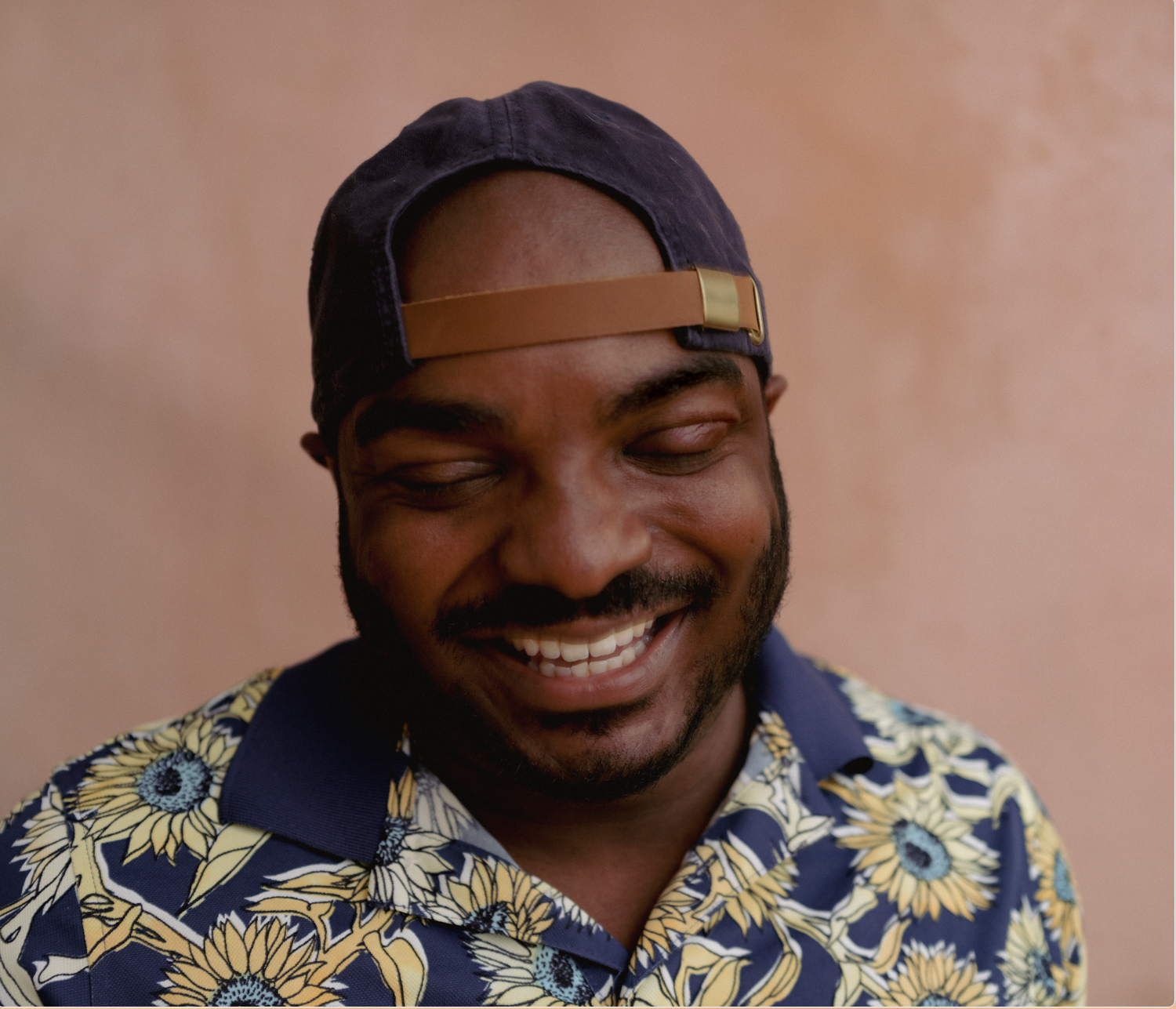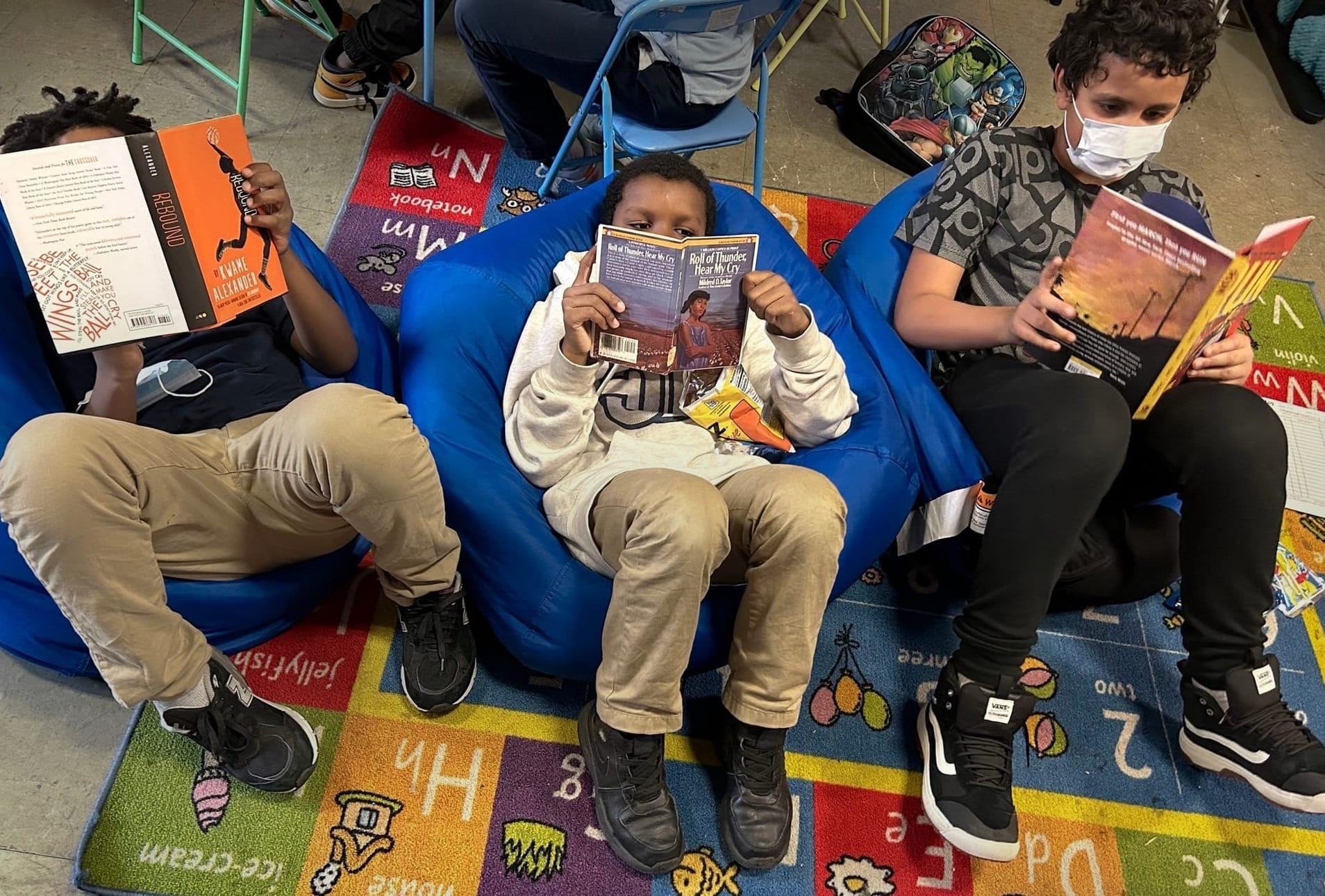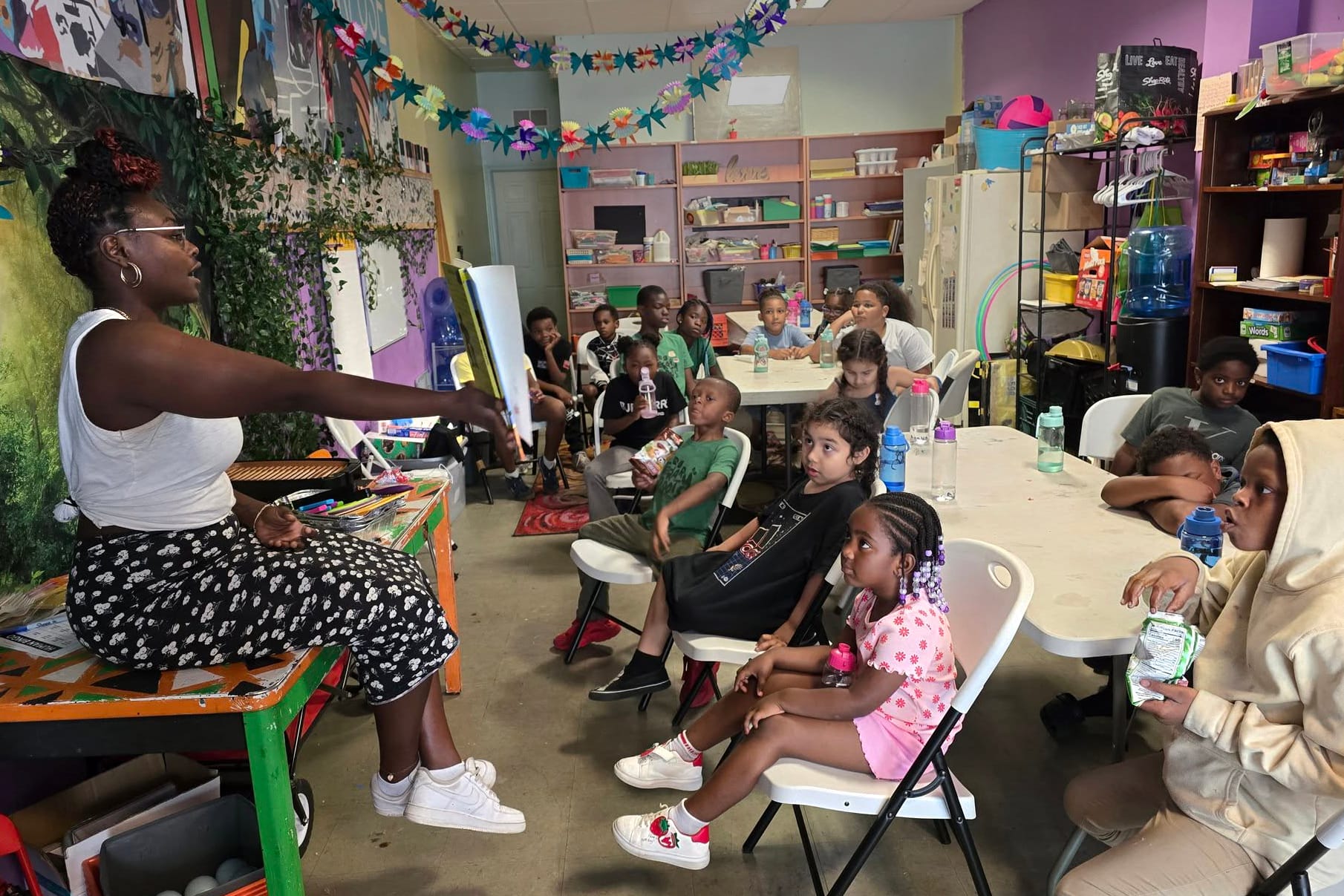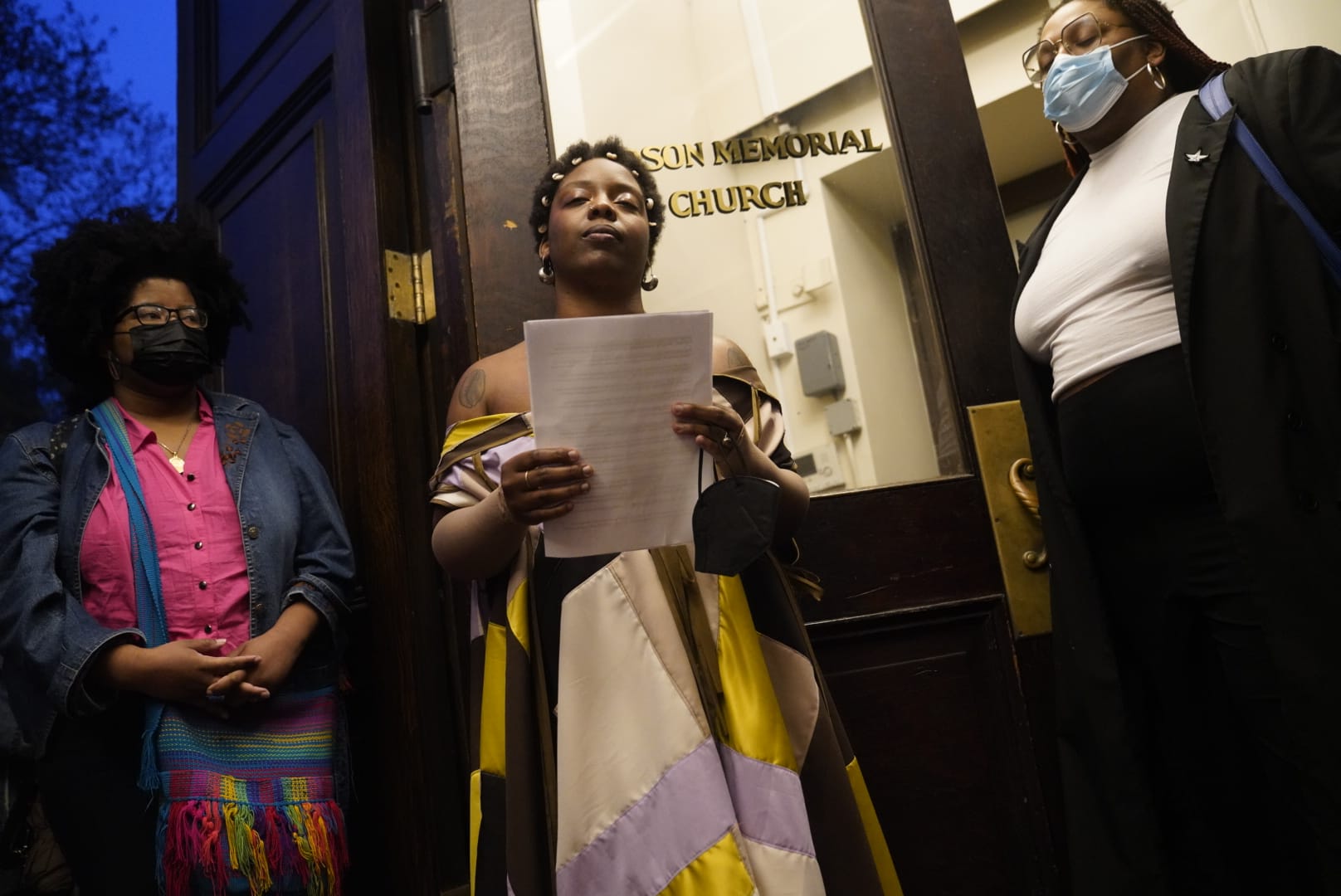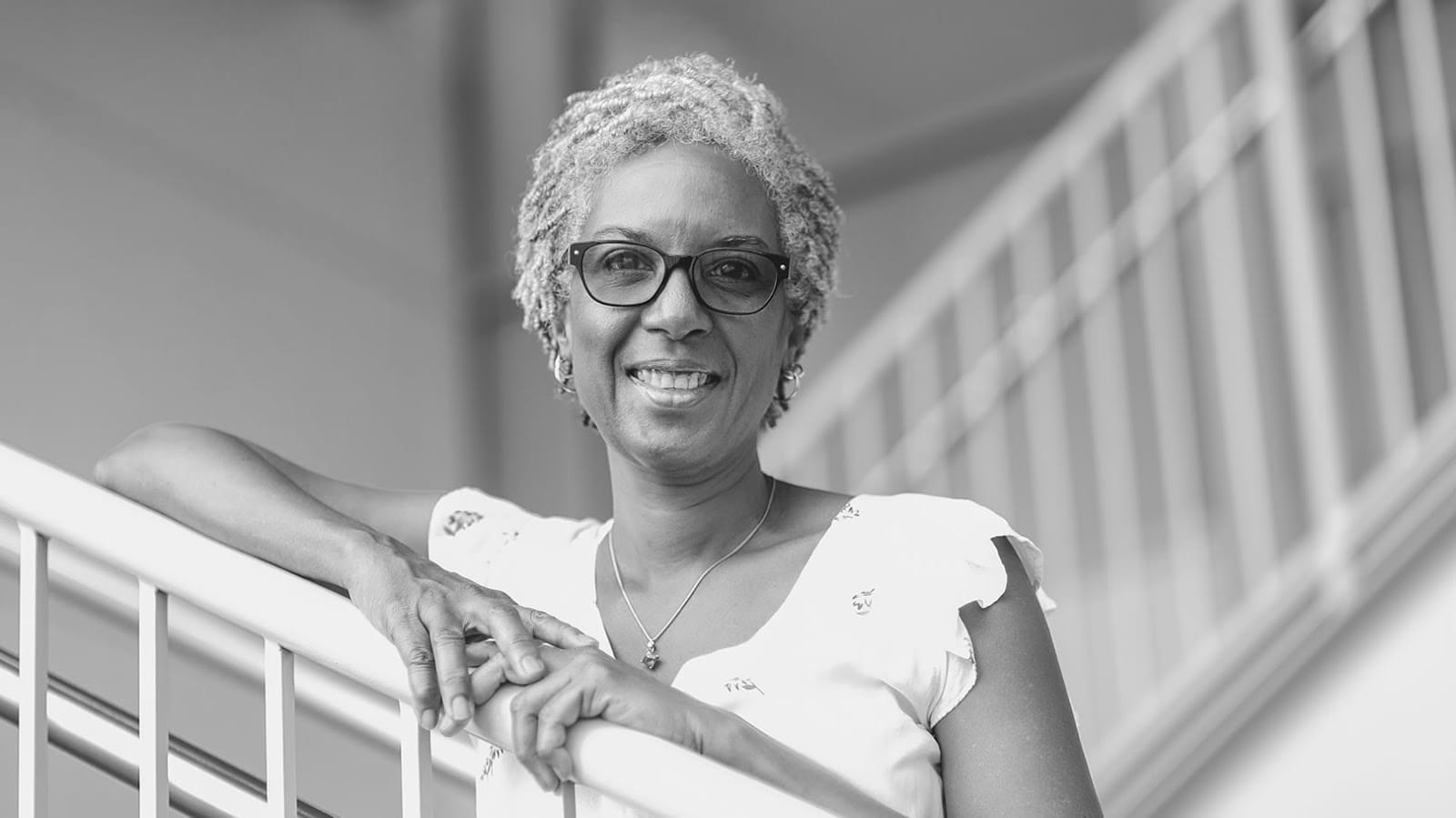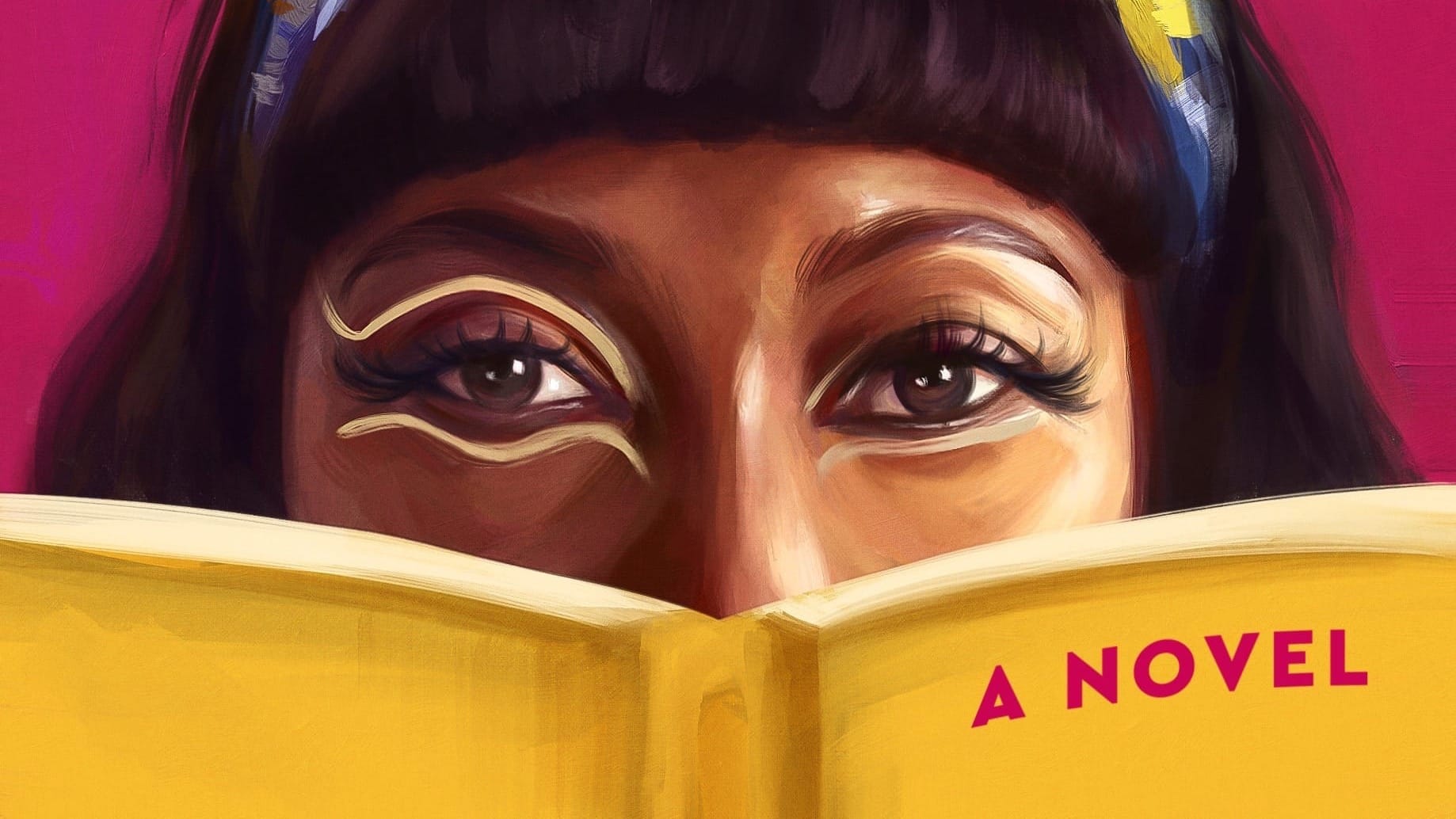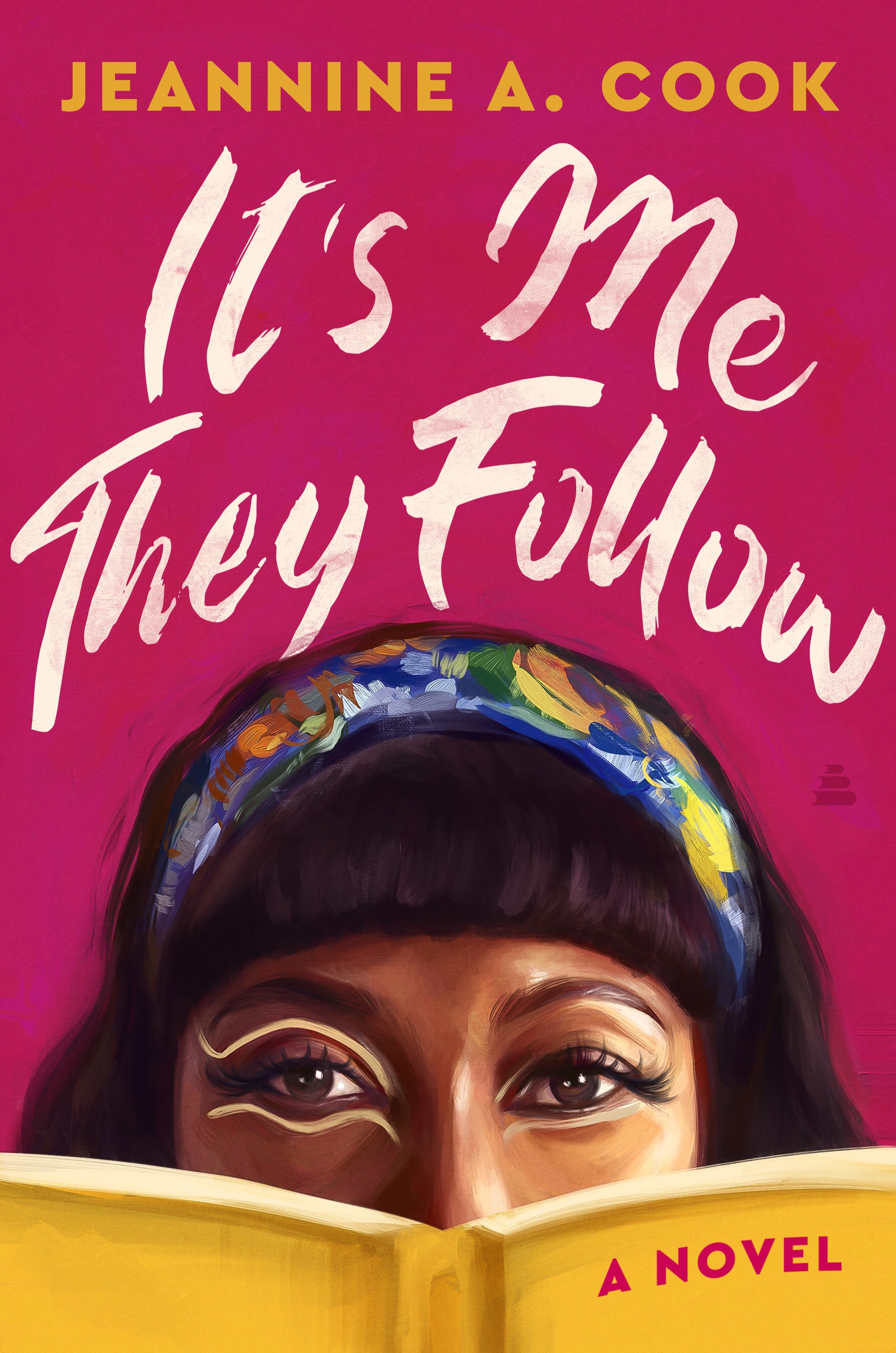What to Watch at BlackStar 2025: 4 Days of Films That Move Us
This year’s edition features 92 films across four jam-packed days, alongside a city-wide hum of panels, parties, and performances that reflect the urgency, intimacy, and brilliance of diasporic storytelling today.
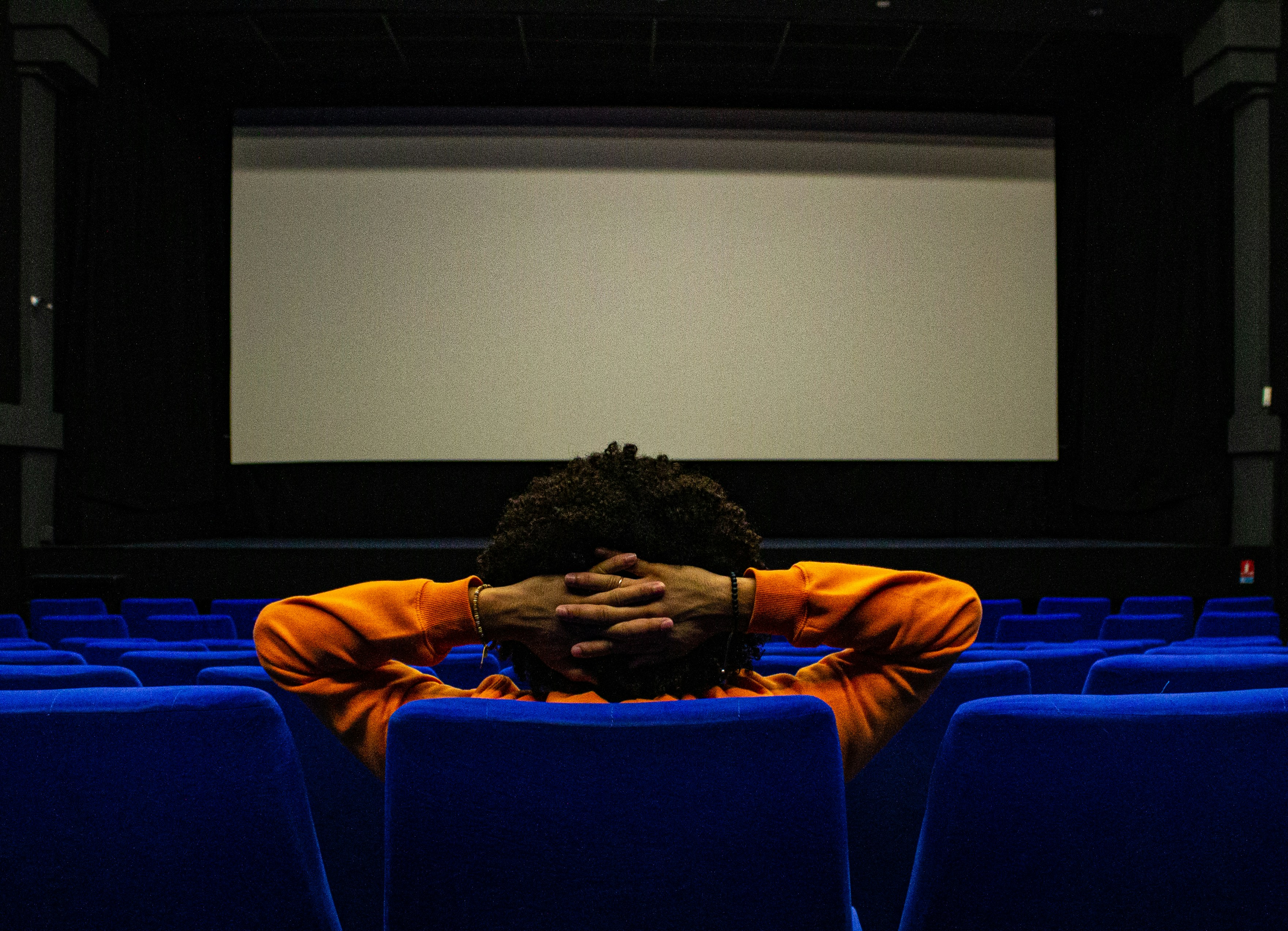
As summer hits its final stride, Philly comes alive with one of its most anticipated cultural moments. The BlackStar Film Festival returns this week, lighting up the city with groundbreaking films, electric gatherings, and the kind of creative energy that reminds us why we call this place home.
Founded in 2012, BlackStar has grown into one of the world’s premier showcases for visionary storytelling by Black, Brown, and Indigenous artists. A gathering ground for filmmakers, thinkers, and dreamers who are pushing the boundaries of cinema and reimagining how stories are told. Whether you're attending a world premiere, catching a live conversation, or dancing deep into the night, BlackStar is where art, politics, and community collide.
This year’s edition features 92 films across four jam-packed days, alongside a city-wide hum of panels, parties, and performances that reflect the urgency, intimacy, and brilliance of diasporic storytelling today. And while every part of the lineup is worth your time, here are 16 standout picks that stirred us deeply, films you shouldn’t miss, and why.
Day 1 – July 31
You’re settling in and scoping out the rhythm of the festival. The first day offers an intimate entry point with films that center memory, myth, and intergenerational connection.
Listen to the Voices (Kouté vwa)
Directed by Maxime Jean-Baptiste
A tender meditation on grief and family legacy, this film follows young Melrick as he begins to uncover the truths behind a tragic loss. It’s a quiet but powerful reminder of how family histories shape our present, and how children inherit more than just names.
Directed by Johanne Gómez Terrero
Set in the brutal world of sugarcane labor, this haunting drama follows a Dominican-Haitian teen’s fight for bodily autonomy. With unflinching honesty and rich visual language, it explores how colonialism persists in contemporary forms of violence and how young people resist it.
A heartfelt tribute to ancestors whose memories echo through generations. These shorts explore how the past lives in bodies, homes, and language, weaving stories through ritual, imagination, and tenderness.
• Della Can Fly! (Jasmine Lynea): “A Black folktale set in the early 2000s. In hopes of reuniting with his long-lost sister, an eccentric old man is in desperate need to prove to his family that she flew away. With the help of his grieving 10-year-old great-niece, they rectify the family myth, proving it to be true.”
• Last Hoorah at G‑Baby’s (DeeDee Casimir): “After blowing through her cash inheritance, an aimless and apathetic art school grad must come up with five months of back rent or risk eviction from her rent-controlled apartment in a gentrifying Brooklyn.”
• Maqluba (Mike Elsherif): “Laila, a Palestinian American drummer, visits her grandmother in her new apartment during a powerful storm under the guise of helping her unpack. But her nefarious goals slowly unfold as they delve deeper into the mystical, fateful night.”
• Talking Walls (Marcellus Armstrong): A moving queer‑Black oral history told through interviews and footage of historic LGBTQ+ Philadelphia spaces, an affectionate archival act.
TCB: The Toni Cade Bambara School of Organizing
Directed by Louis Massiah & Monica Henriquez
This portrait of writer and activist Toni Cade Bambara isn’t just a celebration, it’s a lesson in how culture can be a tool for transformation. Made by Philly filmmakers, the doc is a tribute to art as a political strategy and a blueprint for future generations.
Day 2 – August 1
You’re acclimated to the festival’s rhythm now. Day 2 dives into stories of rhythm, memory, and the radical act of reclaiming sound.
These shorts commune through music, ritual, and cultural memory—blurring documentary and poetics to insist that rhythm is inheritance and resistance.
• Boil That Cabbage Down (Candace Williamson): “In this documentary, a novice banjoist embarks on a transformative journey to uncover the forgotten Black roots of the banjo. Through lessons, history and struggle, she learns to embrace the instrument’s complex legacy culminating in a celebratory Black Folk Jam Session that connects the past with the present.”
• Bubbling Baby (Sharine Rijsenburg): Intimate and kinetic, this portrait of a digging community unspools through dance, tradition, and movement. “Bubbling Baby celebrates a heritage often overlooked, reframing and reclaiming the Caribbean-Dutch bubbling culture.”
• Speaking in Tongues: Take One (Christopher Harris): An experimental visual poem of language and embodiment. “A film about Black ecstasy and the carceral forces arrayed against it.”
• Tessitura (Lydia Cornett & Brit Fryer): “Tessitura explores the entangled ways that voice, character, and gender are continuously reformulated in opera by those who contend with these connections daily.”
Directed by Eloise King
A standout investigative documentary. This film unmasks a global academic ghostwriting economy run by brilliant, anonymous Kenyan writers. It’s an urgent look at inequality in education and the hidden labor propping up elite institutions in the West.
Directed by Brittany Shyne
Shot in dreamy black-and-white, Seeds honors aging Black farmers in the rural South. It’s a gentle but profound reflection on land, resilience, and a disappearing generation of knowledge keepers who’ve tilled more than soil; they’ve cultivated culture.
Directed by Kahlil Joseph
This genre-defying film blends real news, Black archives, visual art, and satire. It’s not just innovative, it is essential viewing for anyone interested in reimagining how media can serve Black audiences on our own terms.
Day 3 – August 2
You’re deep in it now. Saturday offers bold visions and emotional weight, stories that stretch across continents and forms.
Directed by Luciano Vidigal
In the favelas of Rio, a teenage boy faces the decline of his grandmother, the woman who raised him. It’s a coming-of-age story grounded in care and survival, full of warmth and urgency. A reminder that love often looks like caregiving.
Directed by Sammy Baloji
This slow, meditative film excavates the remnants of a colonial research station in the Congolese rainforest. With lush visuals and a sharp political lens, it draws connections between environmental destruction, colonial science, and cultural erasure.
Directed by Karabo Lediga
When a career woman returns to her childhood home with a devastating secret, tensions quietly simmer. With tight performances and restrained direction, Sabbatical digs deep into generational silence and emotional survival, particularly within Black families.
A series of prayerful experiments by Black women filmmakers, a visual embodiment of spiritual offering and ancestral persistence.
• Celestine (Florida Storm) (Allison Janae Hamilton): Time-lapse astrophotography and a 1928 labor hymn frame a nocturnal meditation on labor, rest, and memory under turbulent skies.
• Oríkì Oshun (Elena Guzman,): A devotional film weaving Yoruba invocation and visual prayer.
• Twenty Three (Wasima Farah & Kamyar Mohsenin): A trance-like visual prayer in red hues, ancestral and ascending.
• The River (Herrana Addisu): Poetic tableau of community, ritual, and flow.
• Untitled (How High the Moon) (Rashida Bumbray): “Rashida Bumbray’s short reimagines her mother’s childhood visits to the Metropolitan Museum of Art through the lens of magical realism.”
Day 4 – August 3
The final day brings it all home, with legacy pieces, urgent present-day narratives, and a focus on Philly’s own cinematic future.
Directed by Charles Burnett
No film better anchors the weekend than this seminal masterpiece. Burnett’s portrait of Black working-class life in 1970s Watts remains one of the most poetic and political acts of American filmmaking. If you haven’t seen it, now is the time.
Directed by Stephanie Etienne
This vérité documentary follows three Black women navigating pregnancy and childbirth in a broken U.S. healthcare system. It’s raw, urgent, and deeply intimate—a film that will stay with you long after it ends, especially if you’ve lived these stories or loved someone who has.
Philadelphia Filmmaker Lab Shorts
This showcase of emerging Philly talent is always a crowd favorite and for good reason. From deeply personal storytelling to experimental forms, this year’s selection proves that the next wave of visionaries is already here, shaping the city's cultural future in real time.
Directed by Chisom Chieke
“A first-generation Nigerian American and her Black American partner must decide between being true to themselves or trying to live up to their families’ expectations.”
Directed by Andrew Bilindabagabo
“A young African woman is drawn into a high-stakes manhunt that could compromise her fragile American dream.”
Directed by Kristal Sotomayor
“When a trans Latinx mermaid defies her mother’s warnings, she is forced to confront the violent legacies of colonialism, environmental destruction and the danger of being desired in the human world.”
Directed by Walé Oyéjidé
“In a haunted town, a migrant woman with mysterious abilities searches for her missing companion.”
These films aren’t just calling cards; they’re proof that Philly’s next generation of storytellers is already shaping the future of cinema.
Whether you came for the films, the fellowship, or the late-night conversations, BlackStar 2025 is a reminder: these stories don’t end with the credits. They live on in our questions, our joy, our protests, and the everyday magic we carry forward. For the full line-up of this year’s film, and to get tickets, visit the festival’s website.
See you next year.
